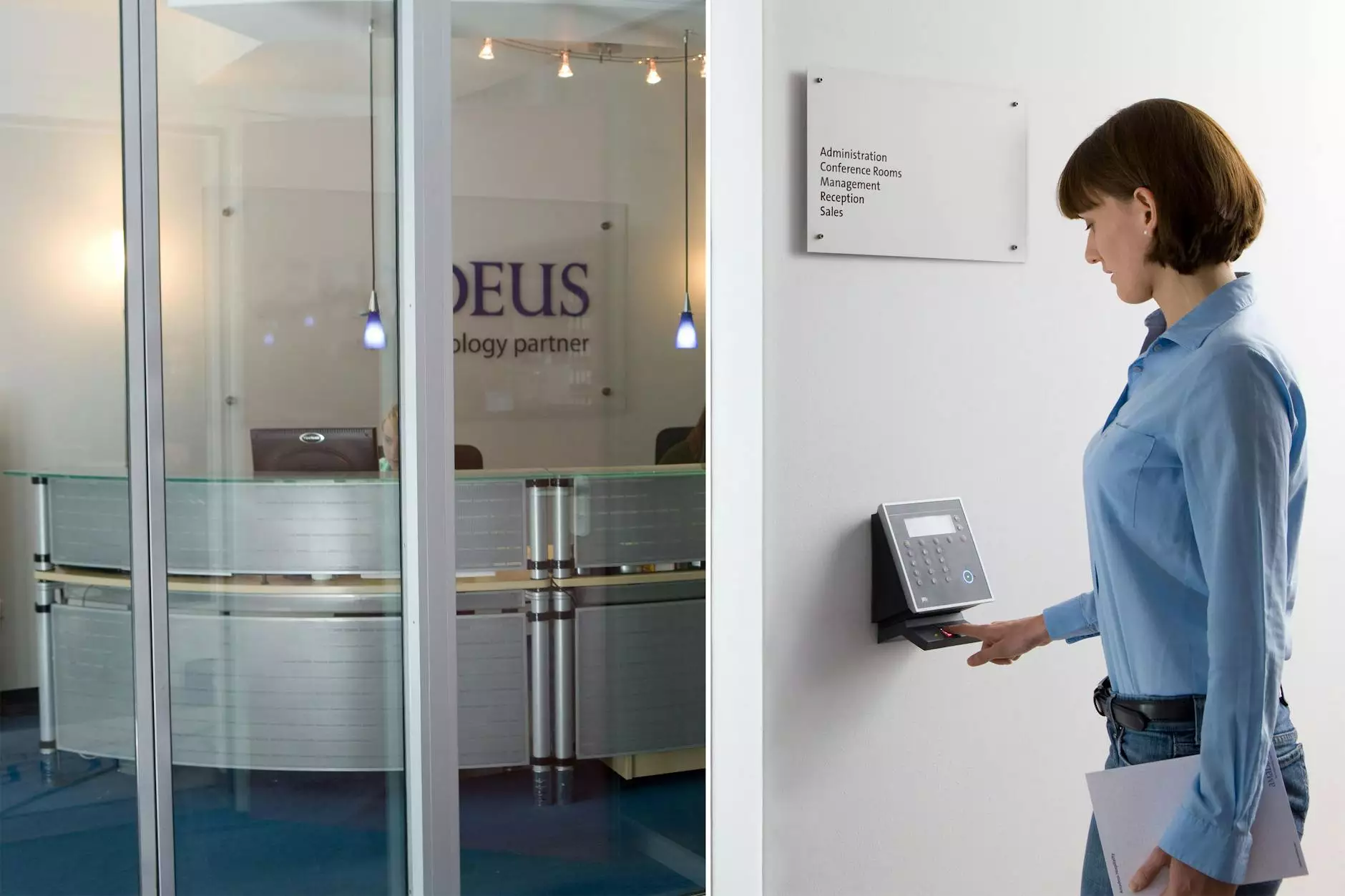The Essential Role of a **Cancer Clinic** in Modern Healthcare

Cancer is one of the most challenging health issues of our time, affecting millions of individuals and families worldwide. The emergence of specialized cancer clinics has fundamentally transformed the landscape of cancer treatment and care, providing patients with access to tailored therapies and comprehensive support. This article explores the vital functions of a cancer clinic, the services they offer, and the significance of multidisciplinary approaches in combating this formidable disease.
Understanding the Cancer Clinic Concept
A cancer clinic is a medical facility focused on the diagnosis, treatment, and management of cancer. These clinics are often equipped with advanced technology and staffed by specialized professionals, including oncologists, radiologists, and nurses trained in oncology. Their primary goal is to deliver personalized care aimed at not only treating cancer but also improving the quality of life for patients.
The Evolution of Cancer Treatment
The field of oncology has evolved dramatically over the past few decades. In the past, cancer treatment was often limited to surgery, radiation, and chemotherapy. Today, cancer clinics offer a diversified array of treatment modalities, including:
- Immunotherapy: Harnessing the immune system to fight cancer cells.
- Targeted Therapy: Focusing on specific genetic markers of cancer.
- Precision Medicine: Tailoring treatments based on individual patient profiles and their tumor genetics.
- Clinical Trials: Providing access to cutting-edge research and experimental treatments.
Services Offered by a Cancer Clinic
One of the core strengths of a cancer clinic lies in its comprehensive services. These may vary across clinics, but generally, they include:
1. Screening and Early Detection
Early detection of cancer significantly improves treatment outcomes. Cancer clinics often provide:
- Regular screenings: Mammograms, colonoscopies, and other tests aimed at identifying cancer at its earliest stages.
- Genetic testing: Assessing hereditary cancer risks, especially for patients with a family history of cancer.
2. Personalized Treatment Plans
Every cancer patient is unique, and their treatment plans must reflect this individuality. At a cancer clinic, medical teams collaborate to develop:
- Customized therapies: Based on the type and stage of cancer, as well as the patient’s overall health condition.
- Multidisciplinary approaches: Involving various specialists to ensure a holistic treatment strategy.
3. Support Services
Cancer treatment extends far beyond medical care. A reputable cancer clinic will also offer:
- Psychosocial support: Counseling and support groups to help patients cope with the emotional aspects of cancer.
- Nutritional guidance: Dietary support that focuses on maintaining health during treatment.
- Palliative care: Ensuring comfort and quality of life throughout the cancer journey.
The Importance of a Multidisciplinary Approach
A multidisciplinary approach is a hallmark of effective cancer treatment. This collaborative model involves various experts who contribute their specialized knowledge to form a cohesive treatment plan. The key benefits include:
- Comprehensive care: Patients receive a well-rounded approach that addresses all aspects of their health.
- Improved communication: Regular case discussions among specialists ensure that all professionals involved are aligned in their strategies.
- Better outcomes: Studies have shown that a team-based approach can lead to better patient outcomes and enhanced overall care.
Innovative Technologies in Cancer Clinics
Innovation plays a crucial role in enhancing cancer treatment. Cancer clinics have embraced advanced technologies to improve diagnosis and treatment. Notable technologies include:
1. Advanced Imaging Techniques
Cutting-edge imaging technologies, such as:
- PET Scans: Useful in detecting metastases.
- MRI: Offers detailed images of soft tissues.
- CT Scans: Provides precise anatomical information that aids in treatment planning.
2. Robotic Surgery
Robotic-assisted surgical systems allow for minimally invasive procedures that lead to quicker recovery times and reduced pain.
3. Telemedicine
Cancer clinics are increasingly utilizing telemedicine to facilitate remote consultations, which is particularly beneficial for patients who may have difficulty traveling to appointments.
The Financial Aspects of Cancer Clinics
One significant concern for many patients is the cost of cancer treatment. Cancer clinics often assist patients in navigating the financial landscape associated with their care:
- Insurance Navigation: Assisting patients in understanding their insurance benefits and coverage.
- Financial Assistance Programs: Many clinics offer resources and programs to support those facing financial hardships.
- Transparent Pricing: Clinics strive to maintain clear and transparent pricing structures to avoid unexpected costs.
Patient-Centered Care in Cancer Clinics
At the core of a successful cancer clinic is a commitment to patient-centered care. This philosophy ensures that the needs, preferences, and values of patients guide all clinical decisions. Key aspects include:
- Active patient involvement: Encouraging patients to participate in their treatment decisions.
- Clear communication: Ensuring that patients understand their diagnosis, treatment options, and potential outcomes.
- Holistic support: Addressing not only the medical needs but also emotional and psychological support systems.
Testimonials: The Human Impact of Cancer Clinics
The stories of those treated at a cancer clinic illustrate the profound impact of personalized, comprehensive care. Many patients report:
- Hope and Empowerment: Receiving education about their condition and treatment options, fostering a sense of control.
- Supportive Communities: The camaraderie formed with staff and fellow patients proves invaluable during challenging times.
- Improved Quality of Life: Many patients have experienced significant physical and emotional benefits as a result of tailored care.
Conclusion: The Future of Cancer Clinics
As the fight against cancer continues, the role of specialized cancer clinics becomes ever more critical. With advancements in technology, research, and a multidisciplinary approach to care, these clinics offer hope and healing to countless patients. The future promises even more innovations that will enhance patient care and expand therapeutic options.
For those seeking support in their cancer journey, it’s essential to find a reputable cancer clinic that prioritizes comprehensive and compassionate care. Remember, you are not alone, and with the right support, there is hope for recovery and a brighter future.









